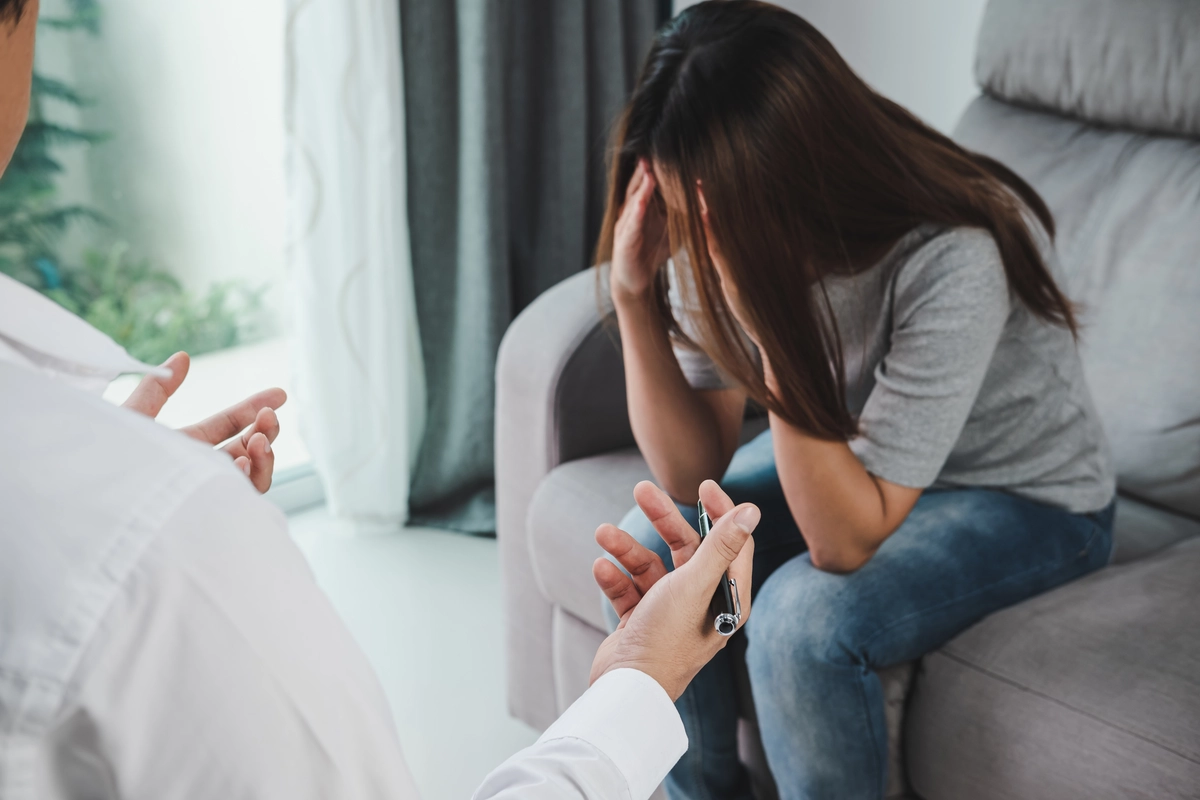24/7 Helpline:
(866) 899-221924/7 Helpline:
(866) 899-2219
Learn more about Group Therapy centers in Oscoda County
Group Therapy in Other Counties

Other Insurance Options

Absolute Total Care

Horizon Healthcare Service

Coventry Health Care

Humana

EmblemHealth

Magellan

American Behavioral

Health Net

Regence

Group Health Incorporated

CareFirst

Choice Care Network

Anthem

WellPoint

Multiplan

Excellus

Meritain

Amerigroup

Premera

BlueCross

AuSable Valley Community Mental Health
AuSable Valley Community Mental Health is a public rehab located in Mio, Michigan. AuSable Valley Co...




















